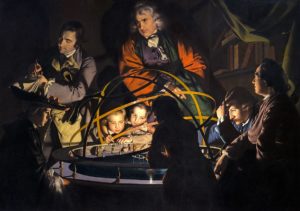 Distortion, Decentralization And Reset
Distortion, Decentralization And Reset
One of the things you’ve probably noticed as we explained how people lived in classical Rome, is that their lives weren’t terribly different from our own. After all, a great many Romans lived in comfortable homes, shopped in well-stocked markets, picked up meals at fast food shops, attended huge sporting events, traveled on roads with mile markers and rest stops, and so on. They didn’t have high technology, but that’s not necessary for a comfortable and productive life. Continue reading “Earned Knowledge, L8, P1”

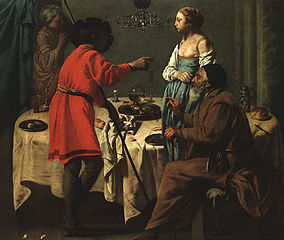 Most Jews know how to suffer. Most Christians don’t, although they once did. Bitcoiners and homeschoolers know how to suffer. “
Most Jews know how to suffer. Most Christians don’t, although they once did. Bitcoiners and homeschoolers know how to suffer. “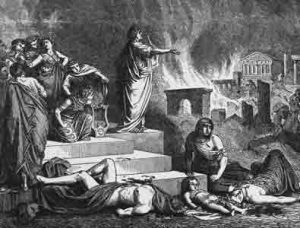 There are a large number of people waiting for a full-spectrum, apocalyptic crash of the Western system. What I maintain is that it won’t happen. And I hope to convince you that I’m right.
There are a large number of people waiting for a full-spectrum, apocalyptic crash of the Western system. What I maintain is that it won’t happen. And I hope to convince you that I’m right. Sadly, there are fairly few people left who understand what the Hippies were really about. Mostly people remember the Hollywood version: pot-smoking, political protesting and clumsy dancing. The actual Hippies, especially the early Hippies, were a much different group. They were interesting and brave people: people very much worth remembering.
Sadly, there are fairly few people left who understand what the Hippies were really about. Mostly people remember the Hollywood version: pot-smoking, political protesting and clumsy dancing. The actual Hippies, especially the early Hippies, were a much different group. They were interesting and brave people: people very much worth remembering. 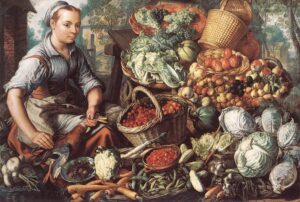 There is a simple fact that people are unable to ingest. You can explain it carefully, with charts, graphs and solid documentation… and they may even like the sound of it… but after the explanation, it fades away and is forgotten.
There is a simple fact that people are unable to ingest. You can explain it carefully, with charts, graphs and solid documentation… and they may even like the sound of it… but after the explanation, it fades away and is forgotten. 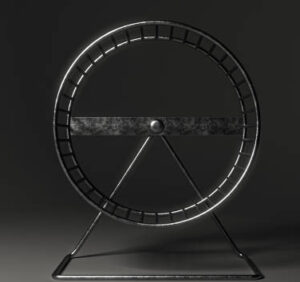 (We can call this one an experiment. I hardly know what to think of it myself.)
(We can call this one an experiment. I hardly know what to think of it myself.)